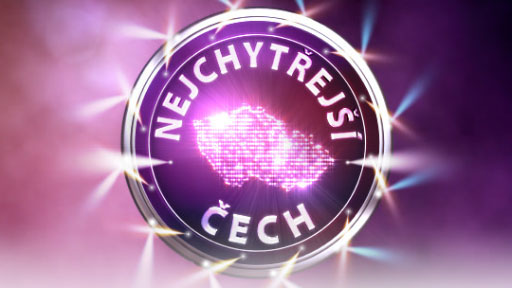The Czech-American Struggle
with physics.
STEM
is unique like music in the regard that it is rather difficult to become very good in a short period with minimum effort. Globally, students struggle with subjects that we loosely call “the
hard sciences.” This is an intriguing topic for many to study and often the pit
of some untactfully delivered jokes.
This
is not simply about “MURICA” being the "BEST." Quite the opposite; a topic as serious as this matter has perhaps a more profound implication. How could the world possibly ensure that innovation in addition to efficiency does not plateau, when nations capable of funding revolutionary ideas do not have the specialized human capital required?
Imagine for a short period, [the consequences] if only a few people from one location being able to compete academically in STEM. Initially, ideas may flow and many things are created. Yet eventually, this uneven balance will have some upper limit, albeit not a clearly defined one.
Precise Differences
Czechs and Slovaks are seemingly better than their American counterparts. Observing only the mathematics results can give a clearer insight of some fundamental performance differences:
I believe that the average capabilities of a student has little to do with culture or inherent skills. The stereotypical math and physics text-books in English cover the exact same material as the "staple" Czech
books. Yet, it appears the presentation of problems is completely different between the two. (I assume Slovakian educational materials will be comparable to Czech.)
This is perhaps more diffuse than the potential upper limit of innovation that was previously mentioned.
Explanation
There is one intriguing topic in linguistics as well as speech pathology, which suggests that language forms the way you perceive, approach and solve problems. The human brain is a complex system capable of many things. Understanding how we process information is still a confounding topic that is commonly researched today.
In Czech the distinction between two
completely different, yet similar variables is not the same as in
English. This where the way language forms our thoughts come into play. Your ability to solve a problem may initially be defined by your native tongue.
[The following are excerpts from teaching materials which I purchased in Czech Republic.]
Something so simple as power is expressed in two separate ways in two different books. This only begins to explain why I have noticed a confusion in differentiating between variables; something that American students tend to struggle less with. For instance, velocity and speed are the same word in Czech; rychlost.
Consequently, a physics
problem involving both speed and velocity would be phrased very
differently in Czech than in English, despite the fact that it is the
same exact problem. This in addition to how language forms thoughts may explain how and why one problem might be "easier" in one language than another.
Numbers Are the Universal Language
It is often said that numbers are the same in every language. Despite the fact that we commonly use Arabic numerals.
As previously stated, STEM is like music. Sounds are abstract things and difficult to distinguish in complex arrays. Often, a person must develop specific skills, in order to become an accomplished musician. Similarly, numbers are also abstract and in smaller quantities, more comprehensible than words or descriptions. However, in larger quantities and in more complex expressions, our brains cannot compute nor comprehend the meaning. A person must develop their abstract thinking skills, in order to become accomplished.
When you add words/phrases to a typical number problem, this removes the universal understanding of numbers. It is now a problem that requires understanding something more than what should be universal. When you decided to translate, one of two things may occur; the problem becomes simplified or more complex.
I believe that theses slight differences in translations between problems can have a significant affect. However, it is undeniable that OECD results imply that the "typical" American student is weaker in Mathematics, than Czech or Slovak students. This should not be ignored as Mathematics testing normally does not require lengthy translations as physics, chemistry or biology might.
*** More detailed information regard OECD results can be found here: http://www.oecd.org/pisa/keyfindings/pisa-2012-results-overview.pdf


















